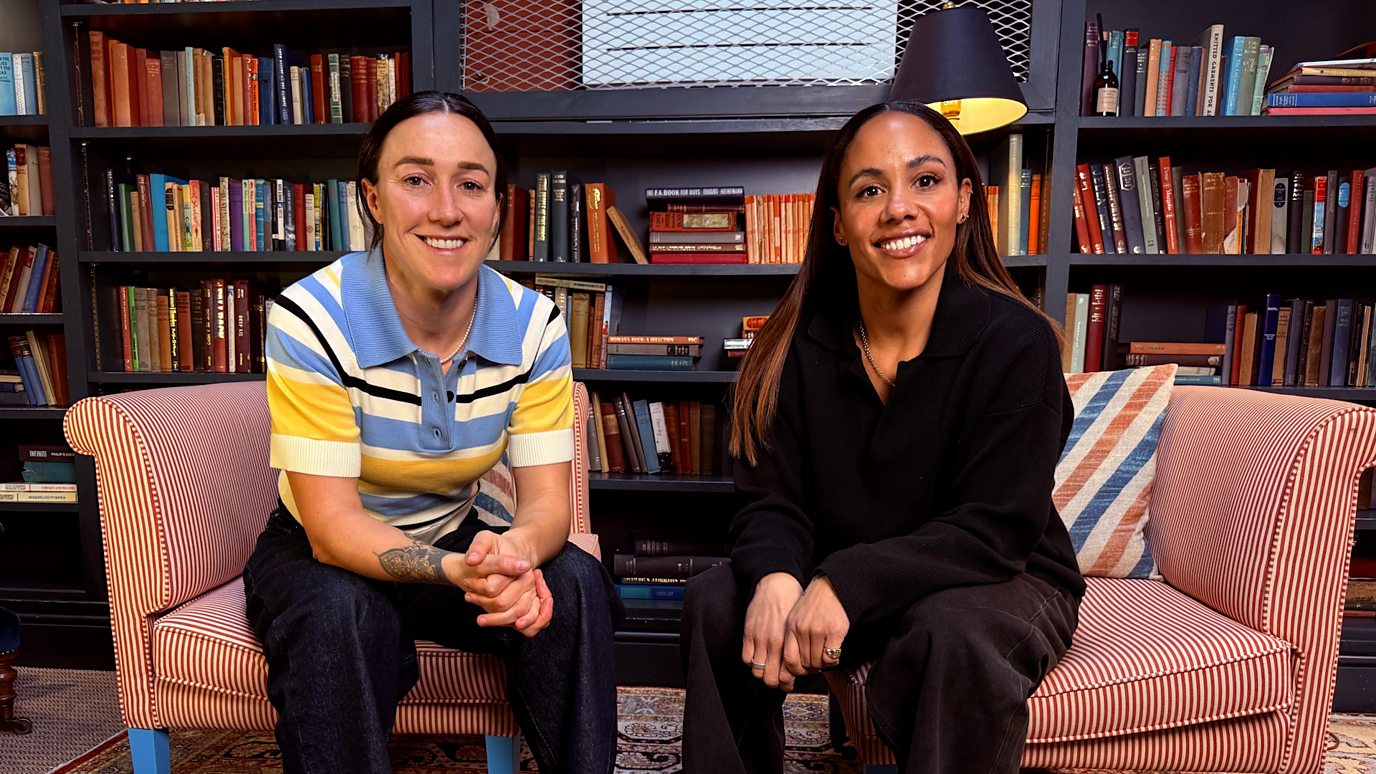
Lucy Bronze: How Autism Has Worked to Her Advantage in Football
Lucy Bronze Journey: From Masking to Embracing Autism
Lucy Bronze, one of the most decorated players in women’s football, has always known she was different. Growing up, the England international often tried to imitate her teammates’ behavior to fit in, but it wasn’t until years later that she fully understood why she felt out of sync with others. Bronze’s journey to self-awareness has not only been remarkable for her football career but has also given her the strength to embrace her autism diagnosis, which she received at the age of 29. In this exclusive interview, Lucy Bronze opens up about how her neurodiversity has shaped her success on and off the pitch.
With an impressive career that includes 22 major trophies, including domestic titles in England, France, and Spain, as well as international honors like the Euro 2022 title and the 2023 World Cup runner-up spot with England, Lucy Bronze’s accomplishments are undeniable. Yet, behind her achievements lies a deeply personal story of struggle, discovery, and acceptance. She has become an inspiration to millions of fans and players, but her journey to understanding her autism and ADHD (attention deficit hyperactivity disorder) is one of the most significant aspects of her life.
The Diagnosis: A Revelation for Lucy Bronze

Lucy Bronze has a hug with her team-mates
Lucy Bronze’s autism diagnosis in 2021 was not a shock to her, although it did provide much-needed clarity. From an early age, her mother had suspected that she was on the autism spectrum. As a child, Bronze faced challenges in reading and spelling, which eventually led to a dyslexia diagnosis. Despite these early signs, it wasn’t until she was in her late 20s that the pieces truly started to fall into place.
“It was something I always knew about in a way,” Bronze reflects. “My mum had spoken about it from a very young age and noticed things in me.” These early suspicions were confirmed through a formal diagnosis, which also identified her struggles with ADHD. The official diagnosis helped her make sense of how she experiences the world differently from others, providing her with a better understanding of herself and her behavior.
For Bronze, certain situations that may seem ordinary to others—like making eye contact or engaging in small talk—can be challenging. She has struggled with these social cues for years, often feeling uncomfortable or out of place. “I would watch Jill [Scott] and how she speaks to people. I thought I’d copy her a bit,” she admits. Over time, she has learned to cope with her social difficulties, but it wasn’t always easy. “Hugging people, making eye contact when you speak, those two things I had to learn because they’re seen as the norm, and I found them so difficult.”
Autism as an Advantage in Football
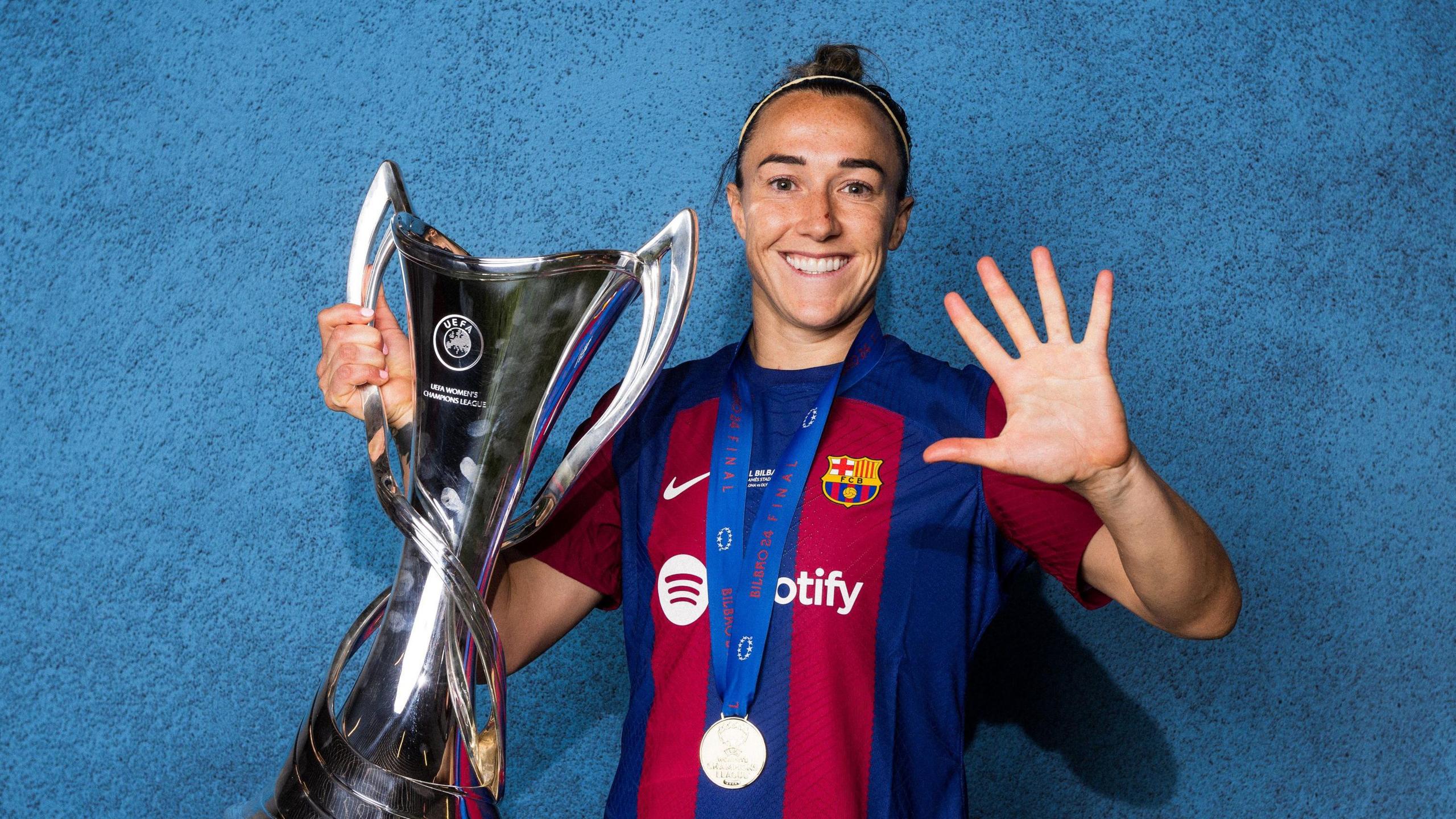
Lucy Bronze holds the Champions League trophy
Despite the challenges she faced, Lucy Bronze’s neurodiversity has ultimately become a strength, especially in her football career. “I don’t know if I’d say I’m passionate, I’m obsessed. That’s my autism, it’s my hyper-focus on football,” she explains. This obsessive focus has allowed her to dedicate herself fully to the sport she loves, ensuring that she stays at the top of her game year after year.
For a player who started playing senior football at just 16, it’s remarkable that Bronze is still competing at the highest level at the age of 33. Part of her longevity, she believes, can be attributed to the unique way her brain works. “Something that is really good for ADHD and autism is exercise. Having that focus, something to do, keeping moving,” she says.
For Bronze, training is a crucial part of her life. While some of her teammates may express fatigue or a need for a break, she finds the routine invigorating. “Training every day is amazing for me,” she says. “Some of the other girls will be like: ‘Are you sure you’re 33 because you don’t stop?'” This continuous drive and hyper-focus on football have allowed her to remain one of the best in the game for nearly two decades, proving that her differences are indeed an advantage in the sport.
The Struggles of Masking
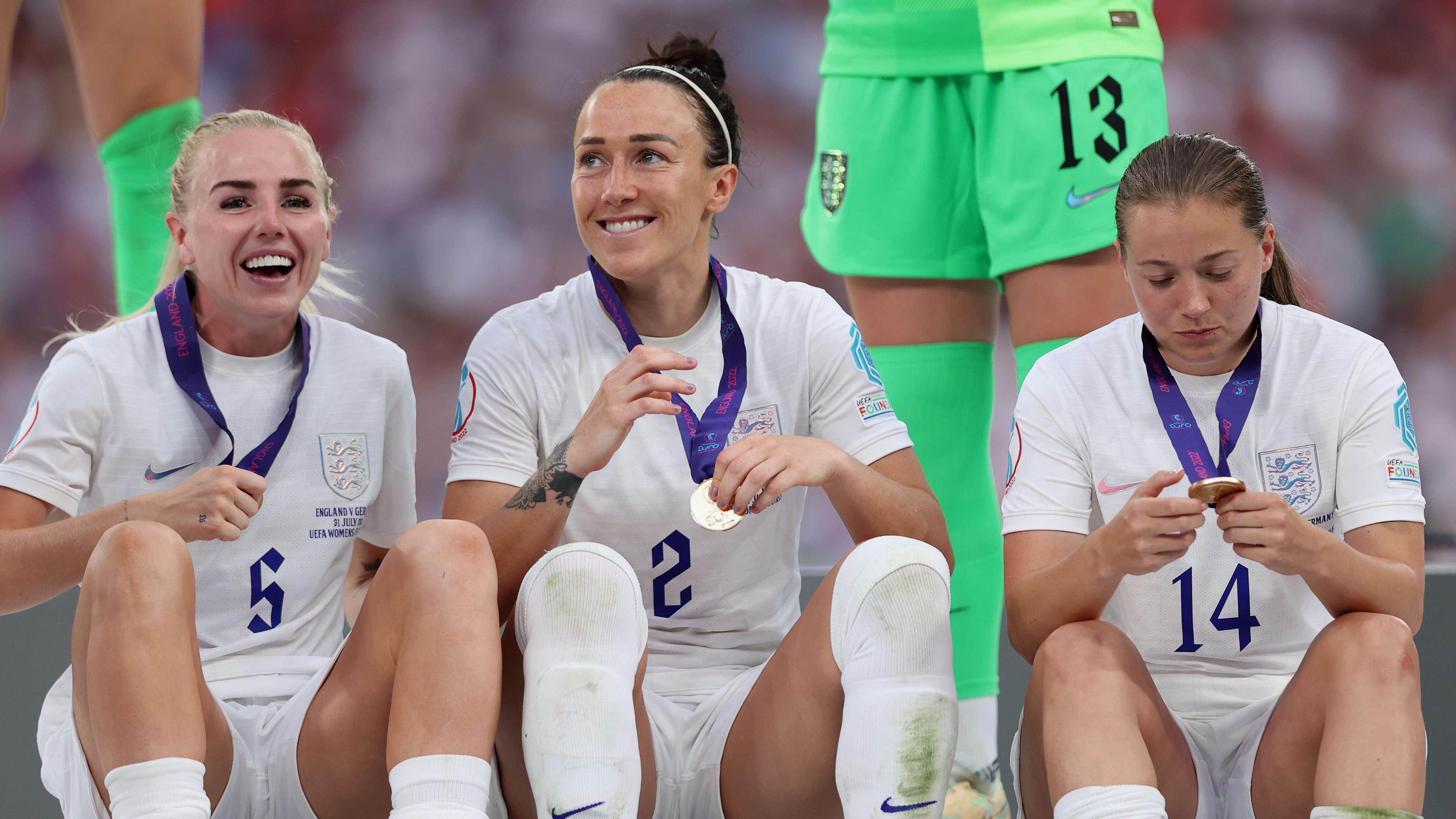
Alex Greenwood, Lucy Bronze and Fran Kirby
Lucy Bronze has also spoken candidly about the difficulties she faced while masking her autism. Masking, as defined by the National Autistic Society, is a strategy used by neurodivergent people to “consciously or unconsciously appear non-autistic” in an attempt to fit in. This often leads to a significant mental health toll, as individuals suppress their true selves to conform to societal expectations. For much of her career, Lucy Bronze did this unknowingly, particularly in her early years with England.
“When I first joined up with England, I could not speak to anyone,” she recalls. “Casey Stoney said to me, ‘You’ve never looked me in the eye when speaking to me,’ and I was like, ‘It’s not because of you, it’s me.'” Bronze was well aware of her difficulties in making eye contact or engaging in social situations but didn’t fully understand why. She spent her 20s trying to imitate others, observing how they interacted and attempting to replicate those behaviors.
It wasn’t until much later that she learned to accept her differences. “I just learned more about myself, understood why in certain situations I saw things differently to other people or acted in a different way,” she reflects. This realization was transformative, helping her understand her traits and how they affect her interactions with others.
Embracing Her True Self
As she grew older, Lucy Bronze began to embrace her true self and stop pretending to be someone she wasn’t. “I’ve got to a point now where people know I don’t like hugs, so they don’t judge me for not doing it,” she says. This sense of acceptance from her family, friends, and teammates has been incredibly important for Bronze, as it allows her to feel comfortable in her own skin.
She now speaks out to help others who may feel misunderstood due to their neurodivergent traits. As an ambassador for the National Autistic Society, Lucy Bronze is passionate about raising awareness and reducing the stigma surrounding autism. “There were times in my life where things might have been easier for me if there wasn’t a stigma, if I felt I could be more open about it,” she admits. Her goal is to ensure that others feel comfortable being themselves without fear of judgment.
Looking to the Future: What Happens After Football?
As Lucy Bronze continues to excel on the field, she is also contemplating life after football. While many worry about what she will do once she retires, she is confident that her obsession with the sport will continue to serve her well. “Even now with football, my head is everywhere with it because I’m so obsessed,” she says. “Not even just playing but the boardroom, the coaching, the physios. I’m obsessed with it all.”
Her passion for football transcends playing—it’s clear that her love for the game extends to all aspects of it. Whether it’s coaching, management, or even working behind the scenes, Bronze is excited about continuing her involvement in football in some capacity after her playing days are over.
Conclusion: Lucy Bronze’s Legacy and Impact
Lucy Bronze’s journey from masking her autism to embracing it has been inspiring to countless individuals who struggle with neurodiversity. Her story proves that differences can be strengths, especially in a sport like football, where focus, determination, and dedication are paramount. By openly discussing her diagnosis and the impact it has had on her life and career, she has become a beacon of hope for others who might feel marginalized or misunderstood.
Through her work with the National Autistic Society, Lucy Bronze is helping to break down barriers and educate others about neurodiversity. Her legacy will not only be defined by her incredible football achievements but also by the positive impact she has had on the world of autism awareness.




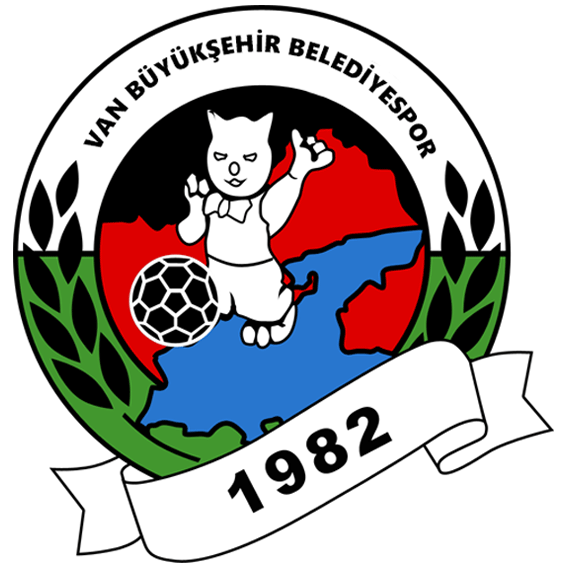












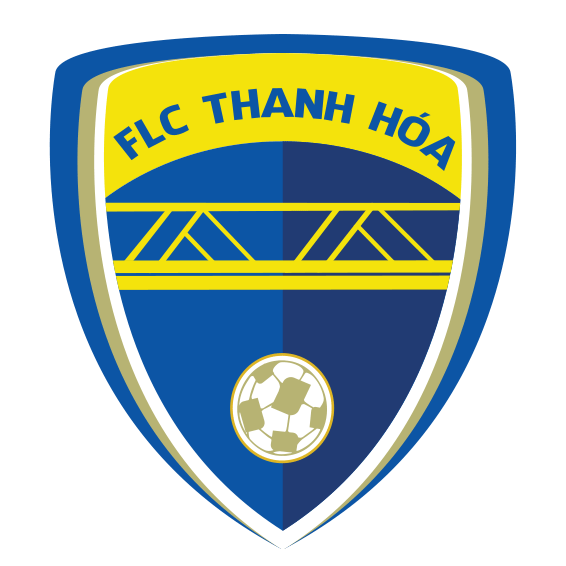



















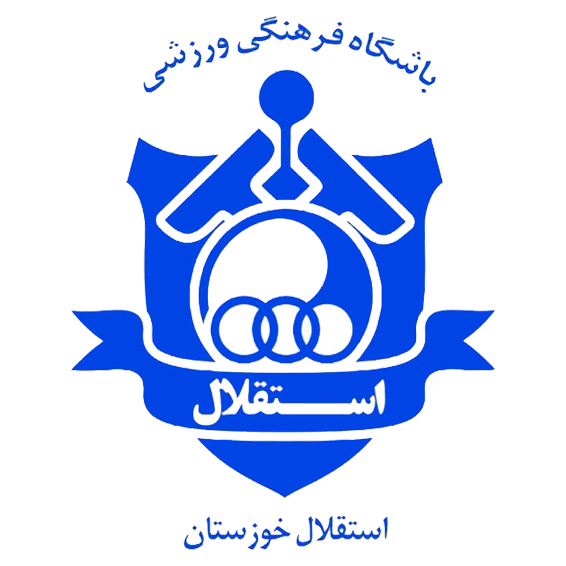






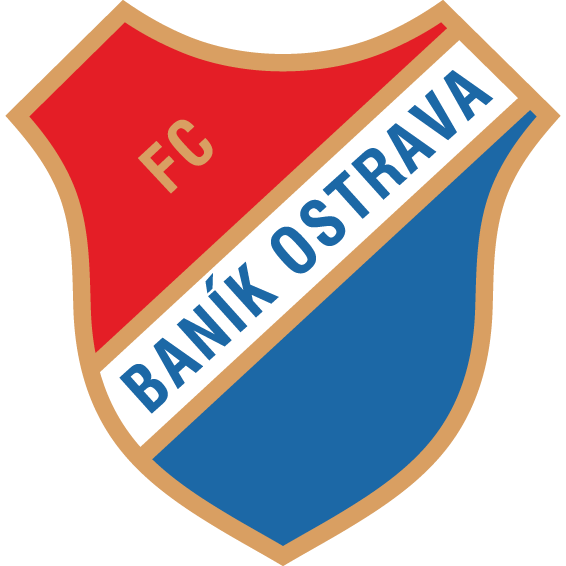





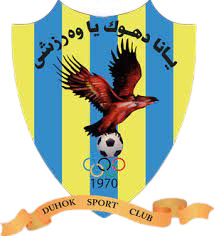









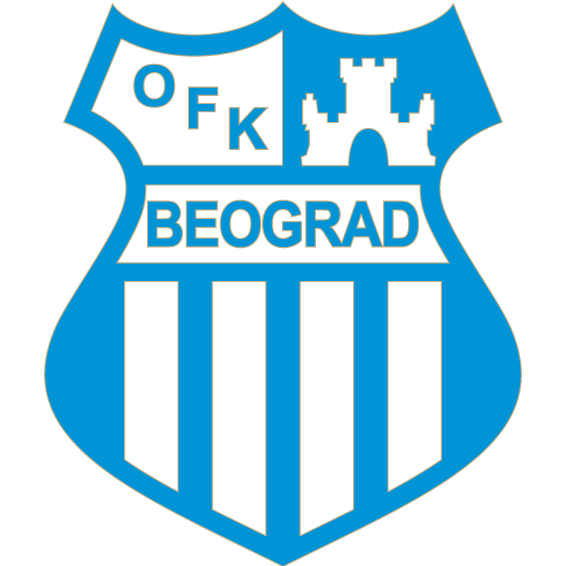








































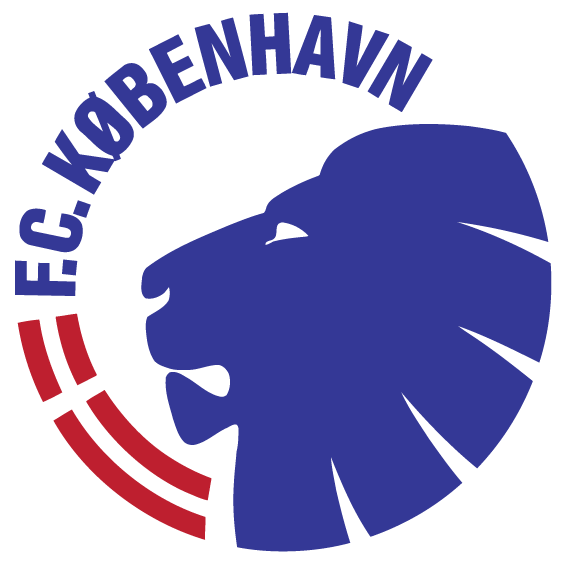







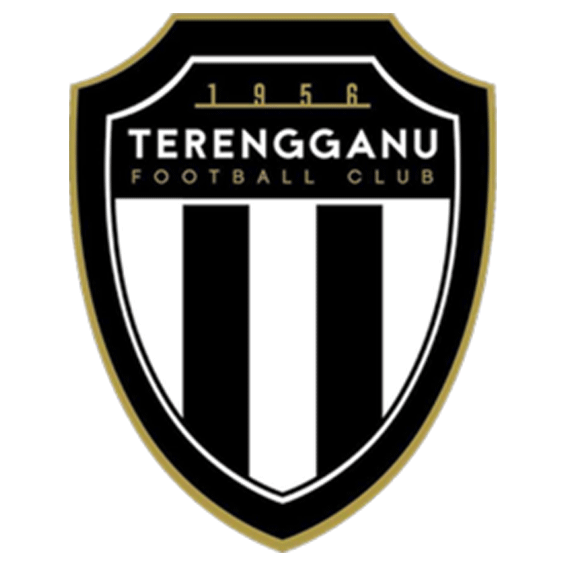











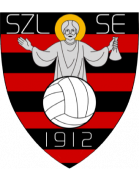

















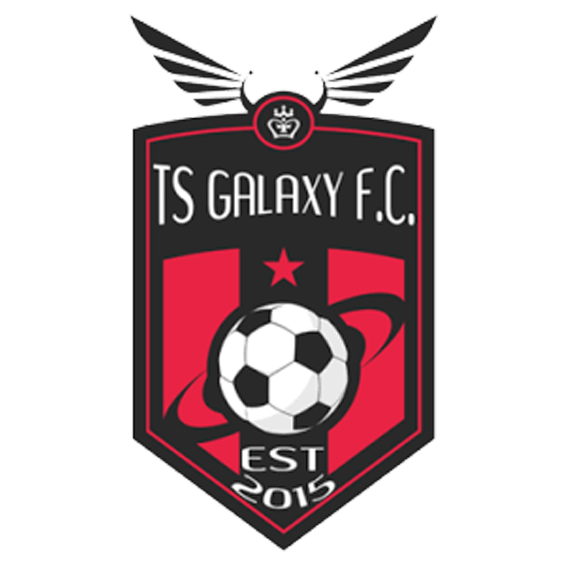


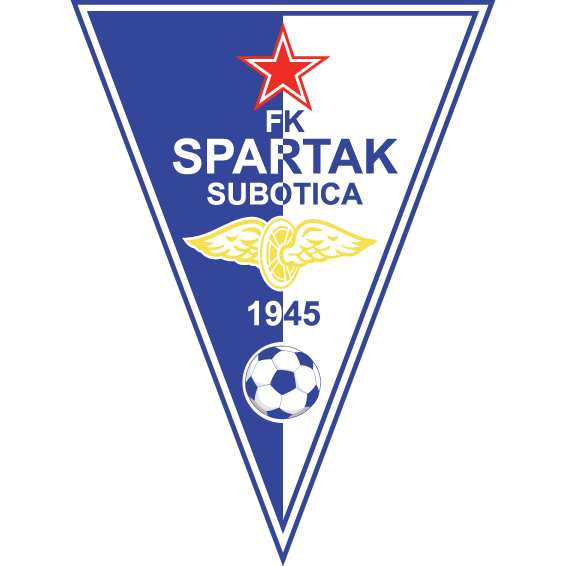












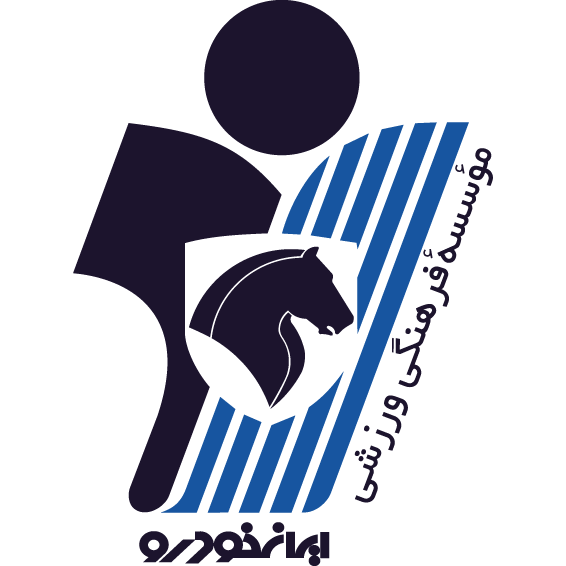





















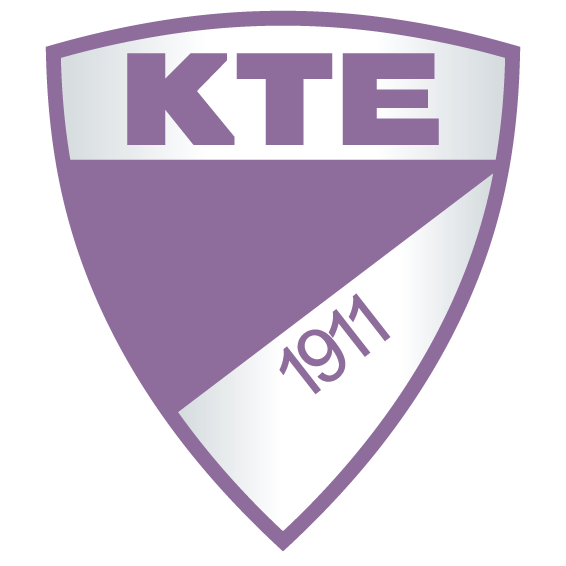


















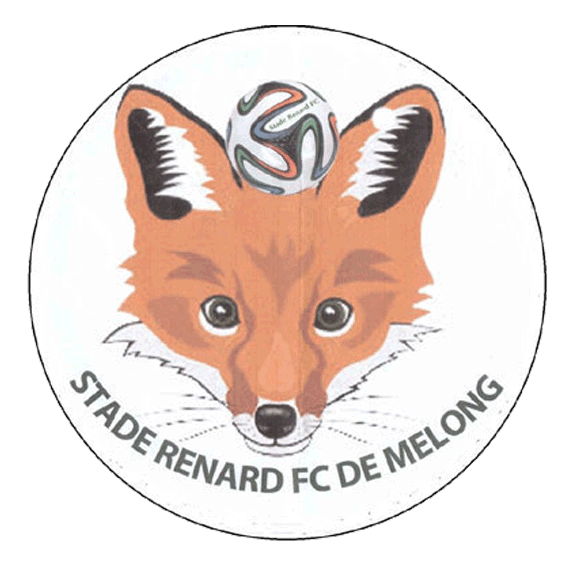



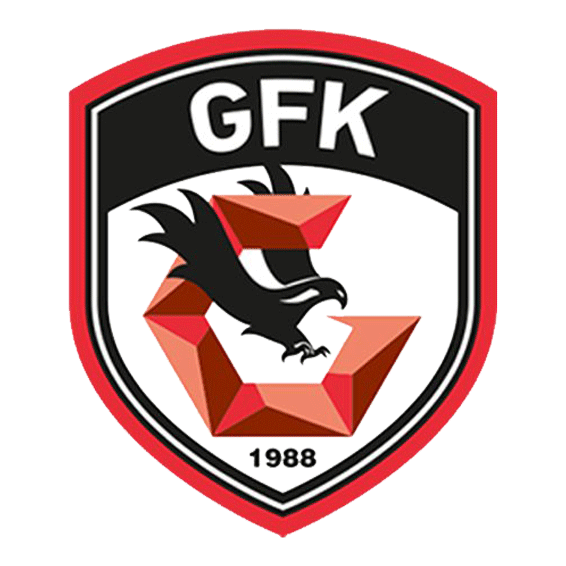









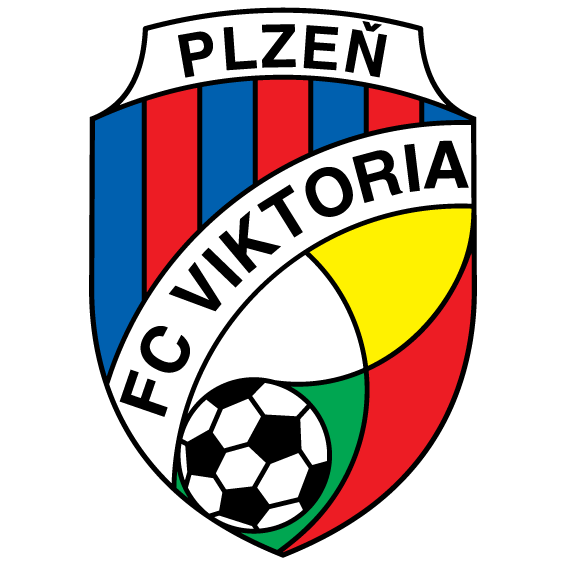

































There are no comments yet. Be the first to comment!